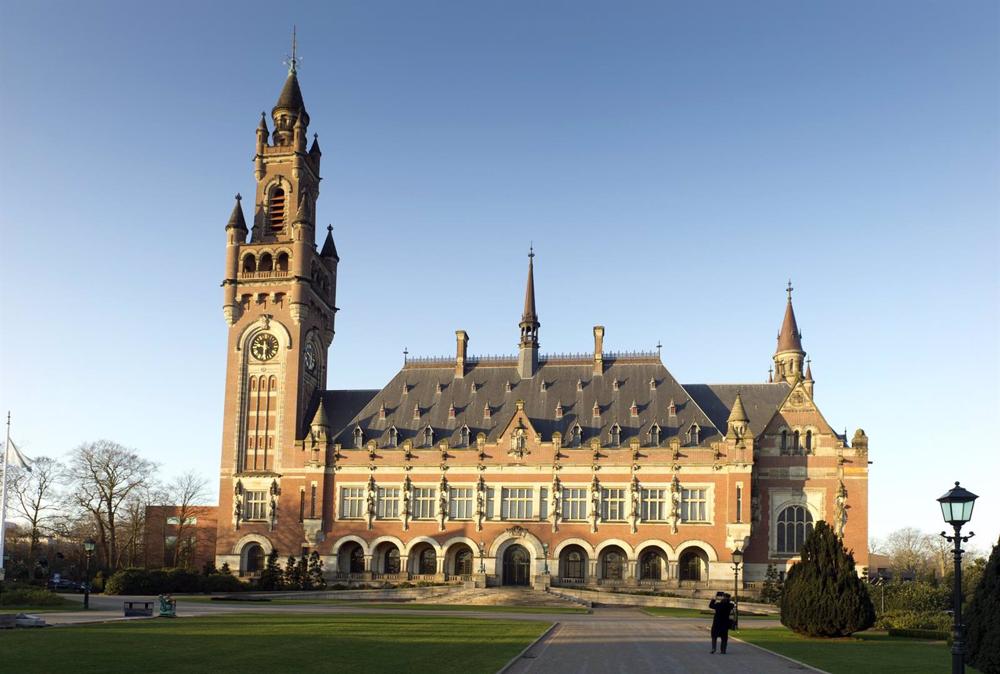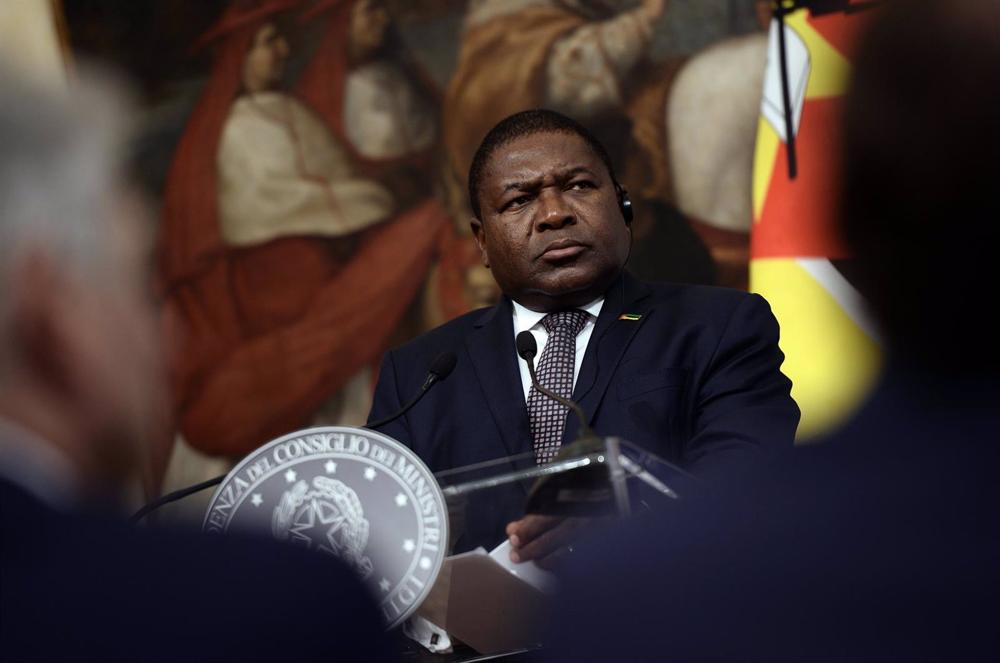
The International Court of Justice (ICJ) declared Thursday that «there are no doubts» that the Silala is an «international» river and dismissed the lawsuit filed by Bolivia against Chile, so the country will not have to compensate the Bolivian government, which insisted on having sovereignty over what they have considered «artificial channels» that serve to drain the flow of the Silala.
The court has thus stated that the Chilean authorities «should not compensate Bolivia» since the country is making «due use» of the river’s water despite Bolivia’s insistence that the waters of the Silala flow into Chile through artificial canals.
«There is an agreement between the riparian states, Chile and Bolivia, that the Silala River constitutes an international watercourse. Therefore, there is no doubt on this matter,» said Judge Joan Donoghue, president of the Court, during the public reading of the ruling.
Donoghue said that the court has thus dismissed Bolivia’s petition, which responded to a counterclaim filed in 2018, two years after the now former president of Chile, Michelle Bachelet, sued the neighboring country following accusations by former Bolivian President Evo Morales, who claimed that Chile was «stealing» the water resources of the river.
Thus, it has agreed with the Chilean government and pointed out that «during the proceedings it has become clear that the parties agree that this principle applies to all the water of the Silala, regardless of its natural or artificial characteristics, and that the parties agree that they have the right to equitable and reasonable use according to customary international law».
In addition, the court has addressed Bolivia’s obligations to care for and prevent environmental damage to the riverbed and has stated that the court «considers that in the course of the proceedings the parties have agreed on the merits of Chile’s claim».
However, it has established that Chile «has not presented evidence that Bolivia has caused damage to the riverbed» and has clarified that «not all damage generates an obligation to consult».
The territorial conflict dates back to 1879, when Bolivia lost its access to the Pacific in the war with Chile, which culminated in the Treaty of Peace and Friendship of 1904, on the right of free transit of Bolivian goods to and from ports in this ocean.






